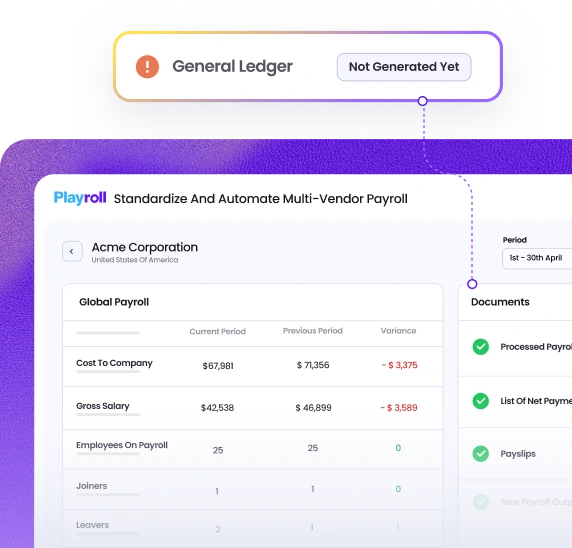What is a Good Salary in Colorado?
What is considered a 'good' salary can vary based on factors like location, lifestyle, and industry. A salary in the range of $60,000 to $85,000 is generally considered comfortable for a single person in Colorado. High-paying fields like technology and healthcare can offer salaries reaching up to $150,000 or more, while more common roles such as administrative assistants typically earn around $45,000.
Average Salary by Cities in Colorado
The cost of living can vary widely from one city to another, and that impacts both how far salaries stretch and what professionals expect in terms of pay. Cities with higher living costs – like those with hot housing markets or tech hubs – tend to have higher salary expectations.
Familiarizing yourself with the average salary ranges per location can help you plan better and make sure your compensation packages are in line with local expectations to attract and retain top talent. Here’s a quick look at salary ranges across different cities in Colorado, to get a sense of competitive salaries based on local factors:
| City | Monthly Salary | Annual Salary |
|---|
| Denver | $5,510 | $66,516 |
| Colorado Springs | $4,910 | $58,915 |
| Aurora | $5,250 | $63,000 |
| Fort Collins | $5,020 | $60,230 |
| Boulder | $7,167 | $86,000 |
Salary Earnings Based on Experience Level in Colorado
Salaries naturally increase with experience – this applies to both new hires and existing team members. When planning for new positions, it's important to consider how salary ranges change at different seniority levels. This will help ensure you're meeting salary expectations, retain employees and create a fair working environment.
Here’s a breakdown of how monthly and annual salary ranges grow with experience in Colorado:
| Experience Level | Monthly Salary | Annual Salary |
|---|
| Entry-Level Jobs (0-2 years experience) | $3,500 – $4,200 | $42,000 – $50,400 |
| Mid-Level Jobs (3-5 years experience) | $4,500 – $5,800 | $54,000 – $69,600 |
| Senior Roles & Managers | $6,500 – $9,000 | $78,000 – $108,000 |
| Executive & C-Level | $12,500 – $25,000+ | $150,000 – $300,000+ |
Average Salaries by Job Title in Colorado
Building a competitive compensation package means knowing what the going rate is for specific roles. We’ve compiled the most recent salary data by job title for Colorado, making it easier for you to compare roles, match your offers with the market, and make sure your team is paid fairly.
| Job Title | Monthly Salary | Annual Salary |
|---|
| Software Developer | $6,250 | $75,000 |
| Marketing Specialist | $4,800 | $57,600 |
| Project Manager | $6,000 | $72,000 |
| Customer Service Representative | $3,200 | $38,400 |
| Sales Representative | $4,500 | $54,000 |
Highest Paying Jobs in Colorado
- Surgeon: $400,000+
- Psychiatrist: $250,000 – $300,000
- Orthodontist: $250,000 – $300,000
- Anesthesiologist: $280,000 – $350,000
- Physician (General): $220,000 – $300,000
- IT Manager: $120,000 – $160,000
- Software Engineer: $105,000 – $130,000
- Pharmacist: $120,000 – $140,000
- Petroleum Engineer: $130,000 – $170,000
- Corporate Lawyer: $150,000 – $250,000+
Monthly Cost of Living in Colorado
In Colorado, the cost of living is higher than the national average, driven largely by rising housing costs. Housing expenses are 24% above the national average, particularly in cities like Denver and Boulder, where demand outpaces supply. Utility costs are about 5% higher than the national average, mainly due to the state's energy needs. Transportation expenses, including gas prices, are roughly 9% higher than the national average, reflecting the state's reliance on personal vehicles and longer travel distances in more rural areas.

Energy Bill
$106.42
/ month
Compliant, In-State Payroll Processing in the U.S. with Playroll
We cut payroll processing time by 80%, ensure full compliance, and provide hands-on support for both employers and employees.
-

Local, state-accurate payroll execution
-

Consolidate payroll inputs and variance reporting
-

State-specific compliance, taxes, and filings built-in







.svg)
.svg)
.svg)








.svg)



.png)
.webp)
.webp)








.svg)